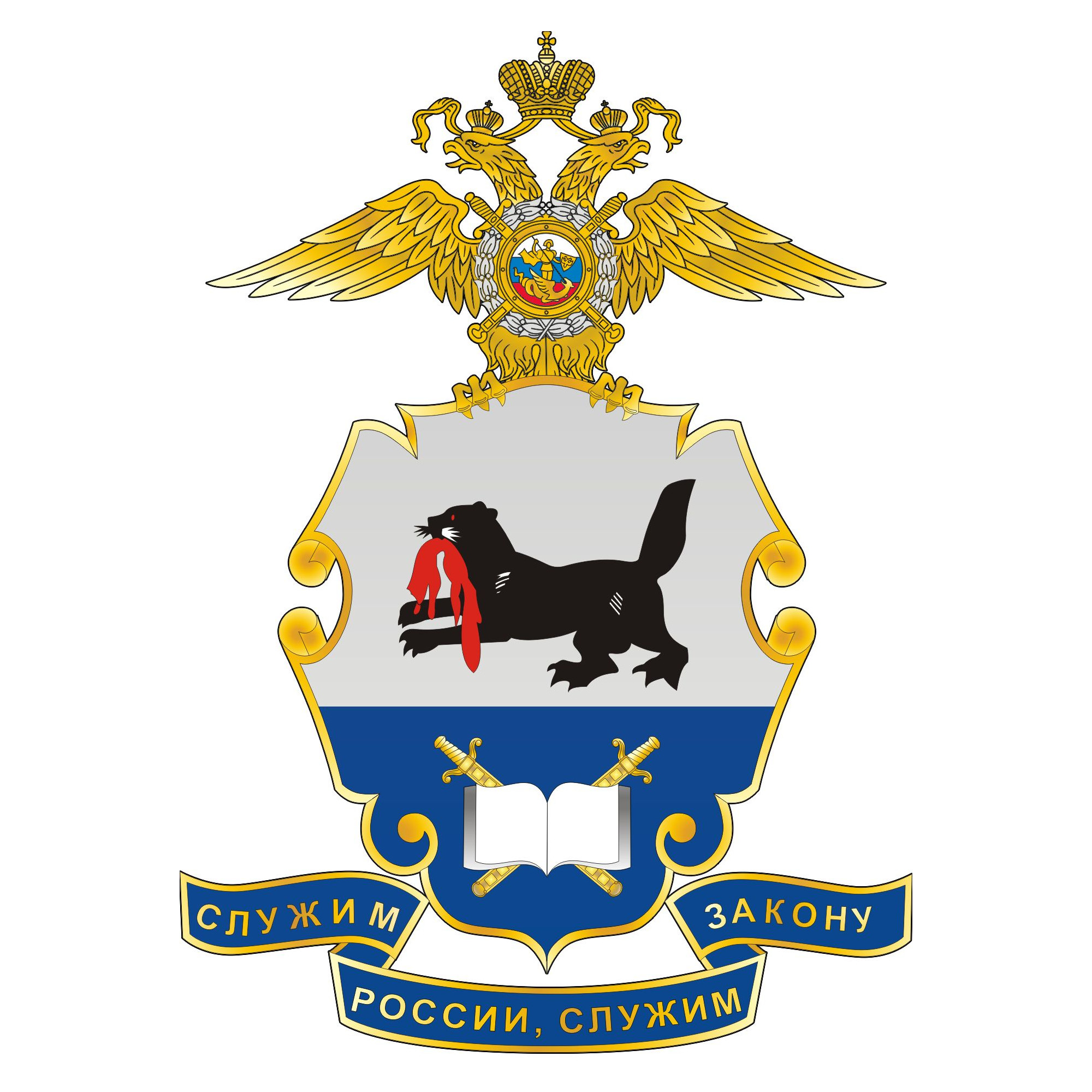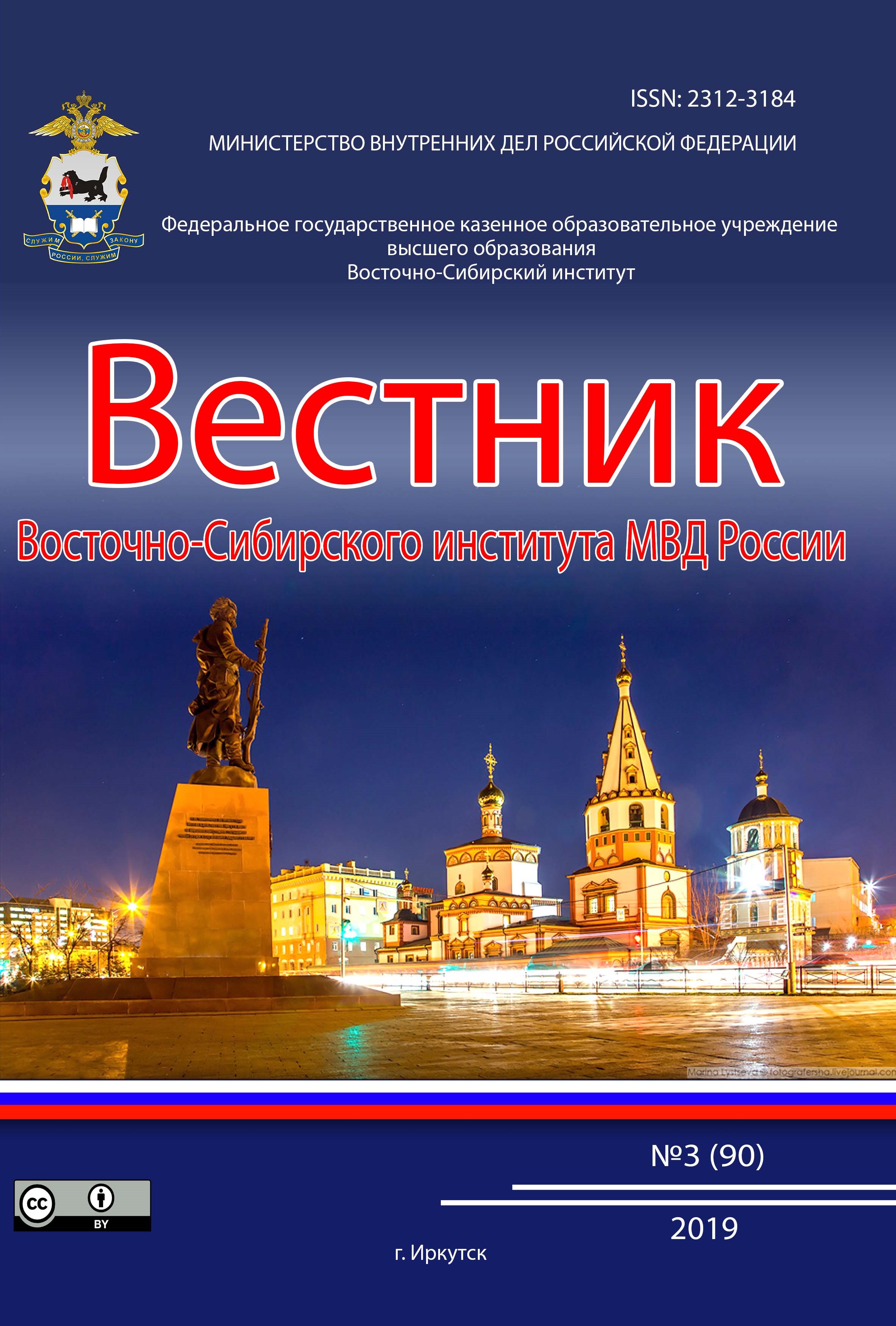from 01.01.2020 until now
Military Educational and Scientific Centre of the Air Force «Professor N.E. Zhukovsky and Y.A. Gagarin Air Force Academy» (department civil law disciplines, Head of the department)
employee from 01.01.2020 to 01.01.2025
Irkutsk, Irkutsk region, Russian Federation
Introduction: children are the supreme value and potential of any nation. A child needs special legal protection from the State because, due to his or her age, he or she is not fully capable of understanding his or her needs and realising them independently, nor is he or she able to assert and defend his or her rights independently. The norms of international law lay the foundation for the establishment of norms of law governing the protection of children's rights, including by providing children with access to justice. The 1989 Convention on the Rights of the Child contains fundamental provisions that are implemented in the national legislation of the States that have signed it, and the Russian Federation is no exception. States have taken different paths in implementing the norms of the Convention, although each of them has guaranteed full protection of the rights of the child. Materials and Methods: The normative basis of the study is formed by the Constitution of the Russian Federation, the Convention on the Rights of the Child 1989, family, civil and civil procedural legislation in the part regulating the access of minors to justice, generalised materials of law enforcement practice of the Supreme Court of the Russian Federation, reflecting the position of the Court on the issue under study. The methodological basis of the research was formed by the general scientific dialectical method; logical, systematic methods, cognitive methods and techniques of observation, comparison, generalisation and description; private-scientific method: formal-legal. The Results of the Study: made it possible to highlight the implementation of the norms of the 1989 Convention on the Rights of the Child concerning the right of a minor to access to justice as an inalienable human right, to define the elements of the content of the procedural legal personality of a minor, to analyse the norms of Russian legislation ensuring the right of a minor to be heard in court, to identify the position of the Supreme Court of the Russian Federation on the application of legal norms enshrining the rights of a minor to access to justice, to compare the rights of a minor to access to justice, to analyse the legal norms of the Russian Federation, and to analyse the position of the Supreme Court of the Russian Federation on the application of legal norms enshrining the rights of a minor to access to justice. Findings and Conclusions: Russian legislation implements the norms of the 1989 Convention on the Rights of the Child, which enshrines the right of a minor to be heard in any judicial or administrative proceedings affecting the child, either directly or through a representative or an appropriate body in accordance with the procedure provided for by the norms of national legislation (Articles 56 and 57 of the Family Code of the Russian Federation). Russian legislation, like the Convention, does not provide for a minimum age at which a child may be heard in court. The practice of Russian court proceedings is to grant the right to be heard to any child who is able to formulate his or her views. The Convention on the Rights of the Child enshrines the very notion of ‘child’; Russian legislation does not use this term, referring to a particular age category of minors. International law does not differentiate the procedural legal personality of minors on the basis of age; Russian legislation, on the contrary, differentiates the legal personality of minors, gradually granting them part of its content, actively using the institution of representation, thereby providing minors with full access to justice. The right to be heard in court, provided for in Article 12 of the 1989 Convention on the Rights of the Child, is only part of the content of the procedural legal capacity of a minor granted by the legislation of the Russian Federation.
minor, child's rights, legal personality, legal capacity, procedural rights, international law, guardianship, the right to be heard in court, judicial protection, access to justice
1. Vlasova H. V., Doronina N. G., Lazareva T. P. Problemy unifikatsii mezhdunarodnogo chastnogo prava: monografiya [Problems of unification of private international law: monograph]. Moscow, 2023, 672 p.
2. Burova E.V. Implementatsiya norm mezhdunarodnogo prava po zashchite detey v zakonodatel'stvo RF [Implementation of international law on the protection of children in the legislation of the Russian Federation]. Semejnoe i zhilishchnoe pravo – Family and housing law. 2024, no. 1, pp. 45-52.
3. Konovalov N.N. Mezhdunarodno-pravovyye standarty okhrany prav i svobod lichnosti i zapret propagandy netraditsionnykh seksual'nykh otnosheniy sredi nesovershennoletnikh: problemy sootnosheniya rossiyskogo i mezhdunarodnogo prava [International legal standards for the protection of individual rights and freedoms and the prohibition of propaganda of non-traditional sexual relations among minors: problems of the relationship between Russian and international law]. Mezhdunarodnoe publichnoe i chastnoe pravo – International public and private law. 2020, no. 4, pp. 26 - 29.
4. Kravchuk N.V. Retsenziya na knigu: «Global'nyye razmyshleniya o pravakh rebenka i prave. 30 let posle Konventsii po pravam rebenka» [Book review: «Global reflections on child rights and law. 30 years after the Convention on the Rights of the Child»]. Social'nye i gumanitarnye nauki. Otechestvennaya i zarubezhnaya literatura. Seriya 4: Gosudarstvo i pravo – Social and Humanitarian Sciences. Domestic and foreign literature. Series 4: State and law. 2022, no. 3, pp. 204-205.
5. Avdonina Yu.N. Dostup detey k pravosudiyu: mezhdunarodnyy aspekt [Children’s access to justice: international aspect]. Arbitrazhnyj i grazhdanskij process – Arbitration and civil process. 2022, no. 6, pp. 22-30.
6. Avdonina Yu.N. Osobennosti sub"yektnogo sostava po delam o zashchite prav nesovershennoletnikh v grazhdanskom protsesse: postanovka problem [Features of the subject composition in cases of protection of the rights of minors in civil proceedings: statement of the problem]. Vestnik grazhdanskogo processa – Vestnik of civil process. 2022, no. 6, pp. 205 - 223.
7. Chechulina A.A. K voprosu o realizatsii prava rebenka byt' zaslushannym v sude [On the issue of realizing the child’s right to be heard in court]. Rossijskij sud'ya – Russian Judge. 2022, no. 9, pp. 35-43.
8. Tumanova L.V. Samostoyatel'nyy protsessual'nyy status nesovershennoletnego [Independent procedural status of a minor]. Rossijskaya yusticiya – Russian justice. 2023, no. 1, pp. 70 - 74.
9. Yaroshenko T.V. Provedeniye zakrytogo sudebnogo zasedaniya v grazhdanskom protsesse: nekotoryye problemnyye voprosy [Conducting a closed court hearing in civil proceedings: some problematic issues]. Arbitrazhnyj i grazhdanskij process – Arbitration and civil proceedings. 2023, no. 6, pp. 57-66.
10. Savelyev A.I. Savel'yev A.I. Obespecheniye kriminologicheskoy bezopasnosti nesovershennoletnikh na mezhdunarodnom urovne [Ensuring the criminological safety of minors at the international level]. Sibirskoe yuridicheskoe obozrenie – Siberian Legal Review. 2024, no. 1, pp. 75–92.
11. Khabrieva T.Ya., Kovler A.I., Kurbanov R.A. Doktrinal'nyye osnovy praktiki Verkhovnogo Suda Rossiyskoy Federatsii: monografiya [Doctrinal foundations of practice of the Supreme Court of the Russian Federation: monograph]. Moscow, 2023, 384 p.
12. Grebenkova L.A. Rol' mezhdunarodnykh organizatsiy i mezhdunarodnogo prava v obespechenii nesovershennoletnimi zashchity ot vovlecheniya v protivopravnuyu deyatel'nost', opasnuyu dlya ikh zhizni i zdorov'ya [The role of international organizations and international law in providing minors with protection from involvement in illegal activities that are dangerous to their life and health]. Mezhdunarodnoe pravo i mezhdunarodnye organizacii – International law and international organizations. 2021, no. 4, pp. 44-59.
13. Mikhailov V.K. Obespecheniye otkrytosti i glasnosti suda kak garantiya nezavisimosti pravosudiya [Ensuring openness and publicity of the court as a guarantee of the independence of justice]. Zhurnal rossijskogo prava – Journal of Russian Law. 2022, no. 2, pp. 138 - 151.











